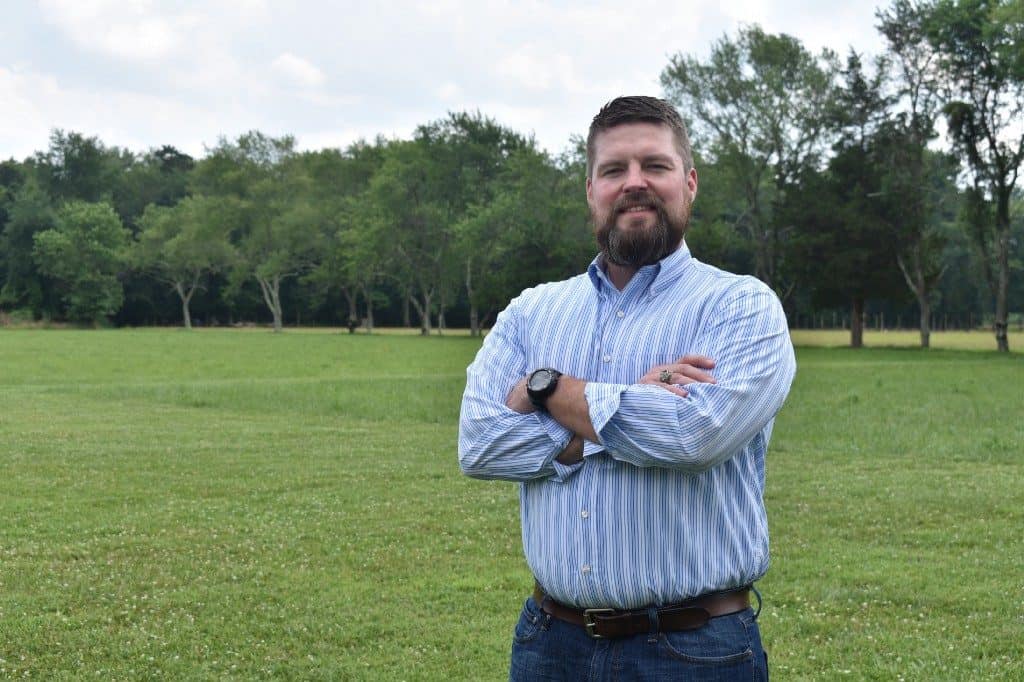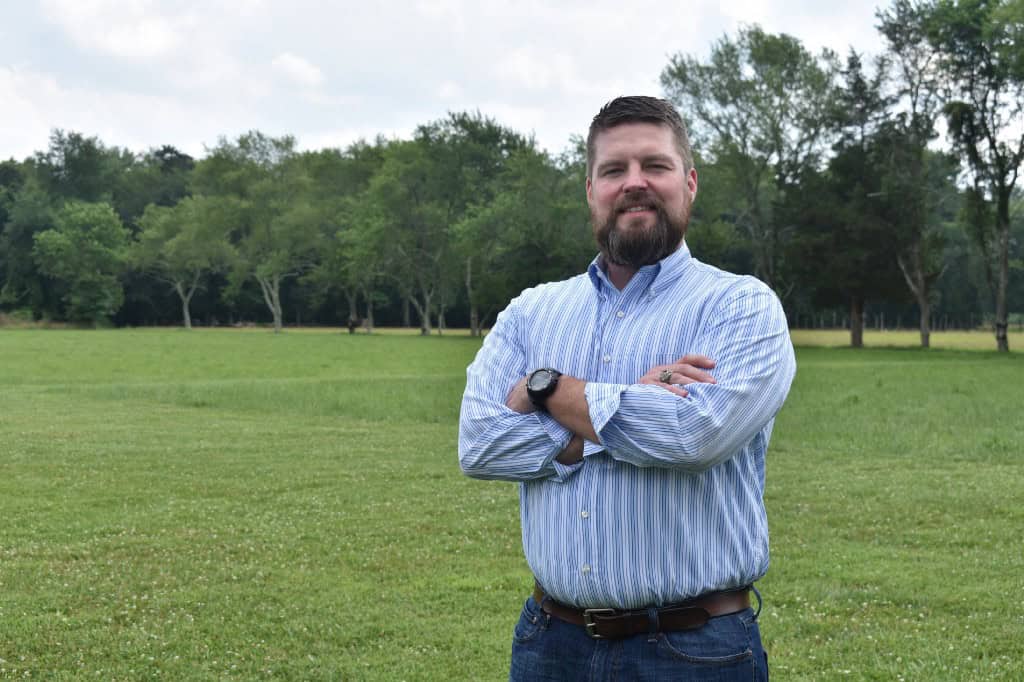
The nonprofit is providing mental and behavioral health services to military personnel, veterans, first responders, first-care receivers and their families.

Resilience is the ability to recover quickly from difficulties. It is a quality that many strive to encompass; however, the road to resilience can be tough for those who have faced trauma and tragedy.
Hoplite Resilience Center is a nonprofit organization founded in June 2017 that aims to empower military personnel, veterans, first responders, first-care receivers (such as trauma nurses and doctors) and their families by providing educational and clinical services.
The name of the organization stems from Greek citizen-soldiers in ancient combat. Hoplites were called upon to safeguard in times of need much like those who serve the country help preserve our way of life today.
According to information provided by the founder, Brendan McNichol, there is an increase in mental illnesses and suicide rates in service members, veterans, first responders and first-care receivers, yet there is a shortage of services and a lack of access to such care.
Hoplite Resilience Center hopes to provide easier access to mental health professionals and to break the stigma of mental illnesses by encouraging people to seek mental health services without being perceived as weak or vulnerable.
McNichol began working on this organization as his capstone project for his Executive Master of Public Administration and Nonprofit Leadership program at UPenn. The Shamong resident first thought of the idea in 2016, and it stemmed from his 10 years of active duty service in the Army.
“When I got out of the service, I knew there was a profound need for mental and behavioral health services for veterans and first responders, so I thought ‘why can’t I give back and do something bigger than myself?’” said McNichol.
He collaborated with Dr. George S. Everly Jr., Ph.D., ABPP, from the Johns Hopkins University Bloomberg School of Public Health and Johns Hopkins School of Medicine to gain a deeper insight on the services Hoplite Resilience Center could provide.
McNichol works alongside vice president Michael Virga and board members Adam Vogel, Christopher Baker, Ken Goldberg, senior advisor Everly and senior digital media advisor Laine Asbury.
Asbury has been involved in Hoplite Resilience Center since September 2017 and said, “I wanted to give back to those that have sacrificed so much. It is difficult to comprehend the level of stress and trauma that our service members, veterans and first responders experience on a daily basis. It is inspiring to be able to bring awareness to an organization aimed at helping such a deserving population build resilience so they can continue to be successful in their lives.”
Hoplite Resilience Center offers educational services such as Psychological Body Armor and Resilience Leadership. PBA has the goal of training military personnel, veterans, first responders and first-care receivers resilient behaviors and strategies to help build preventive resistance and reactive resilience.
Resilience Leadership was an idea from Everly and according to the case statement, “Its primary goal is to train managers to become leaders and to foster an organizational culture of resilience in whatever group of individuals they supervise.”
The idea is to assist people in withstanding crisis and adapting and rebounding from adversity.
The clinical services offered are critical incident stress debriefs, group peer support sessions, thought field therapy, eye movement desensitization and reprocessing, substance abuse and addictions treatment, behavioral health evaluations/counseling, residential crisis intervention retreats and meditation techniques.
“Our main drive is to break through the barriers and offer help to build resiliency and provide preventative methods to grapple with these problems,” Virga said.
For more information on how to be a part of Hoplite Resilience Center or to donate, visit www.hopliteresilience.org.


